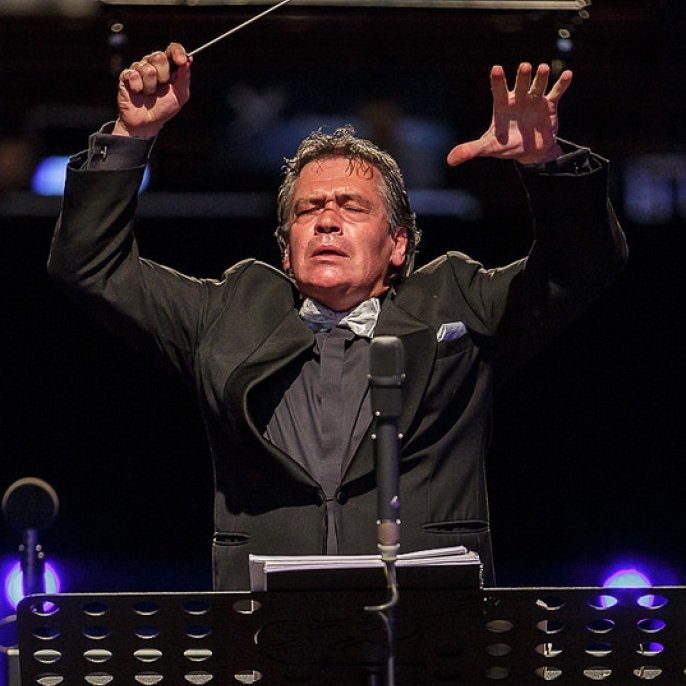
Fried Dobbelstein
Teacher Conducting HaFaBra
Conductor for (inter)national orchestras, gives conducting workshops, two-time world champion WMC Kerkrade, organist, jury member for concert competitions in and outside of the Netherlands
Conducting trains you to be a professional conductor for the amateur sector. You can choose from two main subjects: choral conducting and wind band conducting. You will learn to orchestrate and arrange, and will acquire a knowledge of the theory of music, a mastery of playing from scores along with choral and orchestral training skills.
In addition to the general admission criteria, there are also specific instrumental requirements.
- If the admission procedure takes place online, submit at least 2 video recordings of at least 10 minutes in total:
1. a recording of a performed baton technique exercise, preferably sung and simultaneously conducted, eg from Metafoor, workbook by Alex Schillings, from which a lot of work is also done during the main subject lessons.
2. a recording in which you conduct a repertoire piece of your choice from the hafabra literature for a lower division.
- If the audition takes place live, show that you:
1. can conduct a 5-minute home prepared work of about 5 minutes with pianist and/or recording. You bring the sound recording yourself.
2. can rehearse a short fragment from a batton technique exercise with a pianist.
3. Be able to perform short conducting assignments/percussion exercises that the teachers ask you to do on the spot.
A motivational interview with the principal subject teachers involved is an important part of the admission procedure. This conversation will take place online or live. In this conversation you are expected to be able to articulate that your desire to learn how to conduct an orchestra and become a professional conductor is based on a high degree of intrinsic motivation. Your current knowledge of the specific wind band repertoire will also be discussed.
In the recordings/live audition and in the motivational interview you demonstrate that:
· :you have a realistic sound conception;
· you can transform various characters within music into motional movements (conducting as language, non-verbal communication)
· you have a developed sense of metre, which you can express in gesture;
· you have some knowledge of instruments of the orchestra, wind band formation and repertoire;
· you are interested in expanding your knowledge of the above aspects.

Teacher Conducting HaFaBra
Conductor for (inter)national orchestras, gives conducting workshops, two-time world champion WMC Kerkrade, organist, jury member for concert competitions in and outside of the Netherlands